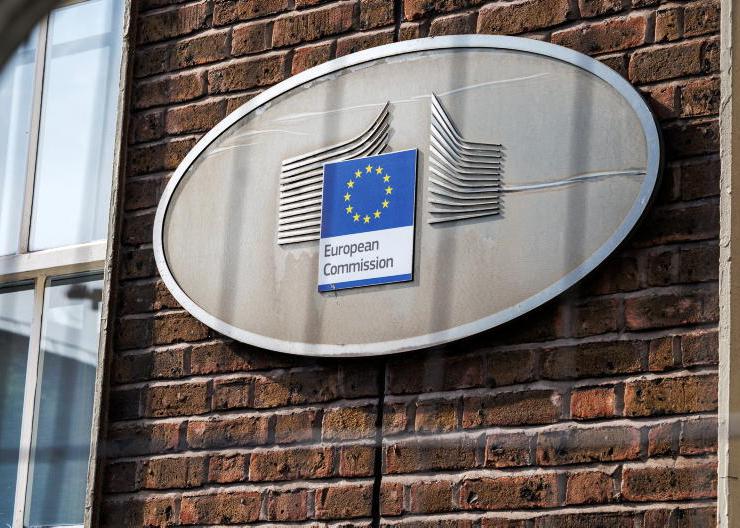On Friday night The Lancet, one of the world’s leading medical journals, published correspondence online challenging the 2019 Global Burden of Disease (GBD) findings that eating any amount of red meat is bad for you.
The letter is written by six leading scientists and led by Prof Alice Stanton of the Royal College of Surgeons Ireland.
Its publication comes nine months after the authors had originally submitted it to The Lancet and a year and a half after the research in question was published in the same journal.
The Global Burden of Disease findings, published in October 2020, attributed the consumption of unprocessed red meat to 896,000 deaths and 23.9 million disability-adjusted life years (or the living ill) globally each year. Essentially this research concluded that any red meat intake is harmful.
Since publication, the research findings have been widely cited and referenced.
It featured in the evidence of the UK’s food strategy report which indicated that diets high in red meat have a more adverse impact on health than diets high in salt, trans-fatty acids or sugar-sweetened beverages.
Prof Stanton and her colleagues highlight serious concerns about how the authors arrived at the conclusion that meat is harmful.
The issues that they identify are numerous and relate mainly to the research methodology and in some cases divergence from best practices which are required by The Lancet and all top medical journals. They raise concerns about the transparency and availability of data and evidence used in the research.
Essentially, they are asking the Global Burden of Disease collaborators to provide the evidence referred to in their research paper.
Contradiction
They assert that the 2019 GBD data contradicts the available evidence from other major studies. They highlight substantial changes in the GBD 2019 estimates of disease attributed to dietary risk factors compared to GBD 2017.
In 2019, a diet high in red meat was reported to be responsible for 896,000 deaths, which is a 36-fold increase on 2017. In the space of two years eating unprocessed red meat moved from being the least important of 21 dietary risk factors to the seventh leading dietary risk factor for ill health and death.
The harm attributed to sodium or salt intake reduced at the same time.
Prof Stanton and co are also concerned that if the public health message on the consumption of red meat were changed to a message that any intake of red meat is harmful, it would probably have an adverse impact in other ways.
Conditions such as iron deficiency anemia, sarcopenia and child and maternal malnutrition would probably increase. These conditions are currently responsible for considerably greater global disease burdens than a diet high in red meat, particularly in low- and middle-income countries.
In their letter, the authors ask the Global Burden of Disease collaborators to provide the evidence referred to in their paper and to clarify if additional deaths and ill health would result from the advice that red meat should not be consumed.
Commenting on the publication of the letter, one of the authors, Prof Frédéric Leroy, Vrije University, Brussels, said: “We were told that the GBD scientists were initially committed to respond to our questions but they seem to have changed their minds. No response was submitted, despite requests from the Lancet’s editorial team to do so.”
The Global Burden of Disease is a highly respected long-running study that quantifies health loss from hundreds of diseases, risk factors and injuries. Its findings are used by policymakers and health systems across the world. It is based at the University of Washington and is primarily funded by the Bill and Melinda Gates foundation to the tune of hundreds of millions of dollars.
The decision, albeit much overdue, by The Lancet to publish this letter is hugely significant. It will be interpreted as an acceptance by the Lancet that the Global Burden of Disease have reasonable questions to answer. However, The Lancet also has questions to answer. How did it take nine months to publish this letter?
In that time, the finding that red meat is harmful gained significant ground in both public consciousness and policy. When, in fact, that very message may in itself be harmful. Is The Lancet prepared to retract the GBD 2019 paper if the authors cannot satisfactorily address the concerns?
What of the Eat Lancet report, which concludes that transforming to healthy diets by 2050 will require substantial dietary shifts, including a greater than 50% reduction in global consumption of unhealthy foods such as red meat and sugar.
It is a much-referenced and highly influential document, one of whose senior authors is the lead author of the GBD report.
As long as this research remains published in The Lancet, it remains credible, irrespective of what questions have been asked. A prompt response from the research collaborators is essential together with fast action from The Lancet.









SHARING OPTIONS